Coronell Research Group
Water and Energy
More »
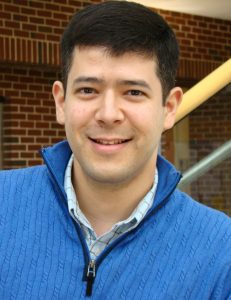
More »
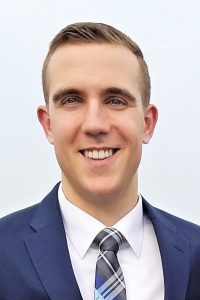
More »
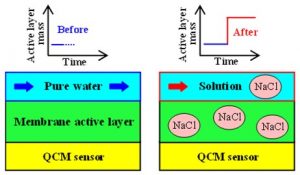
More »
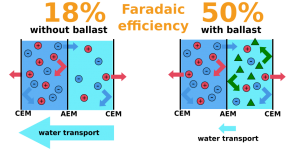
More »
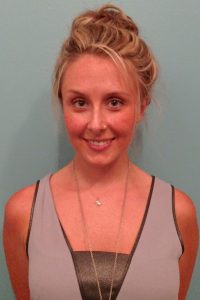
More »
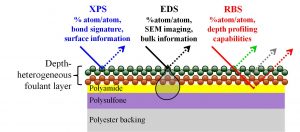
More »
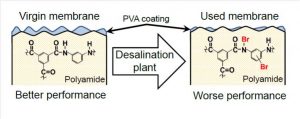
More »
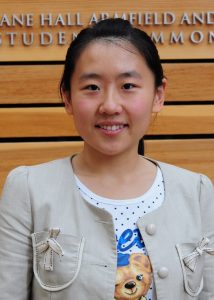
More »
Welcome to the Coronell Research Group
The Coronell Research Group studies membrane-based processes for water purification and energy production and storage, and sorption processes for the removal of contaminants from water. We study technologies with applications in municipal, industrial, and household systems. A brief description of our research focus areas with specific examples of topics of interest in each area is provided in the Research section.
Our principal investigator, Dr. Orlando Coronell, teaches courses related to water treatment including Physical/Chemical Processes for Water Purification (ENVR 756); Chemical Equilibria of Natural Waters (ENVR 419); Environmental Processes, Exposure, and Risk Assessment (ENVR 500, co-taught); and Science and Technology of Membranes for Water Purification (ENVR 890-002). A full list of the courses taught by Dr. Coronell along with their descriptions and syllabi can be found in the Teaching section.
At the Coronell Research Group, we strive to bring our research and the broader topics of water and energy to pre-college settings. We do this through educational activities at middle and high schools and through the preparation of educational materials that can be used by pre-college teachers and students. An overview of these educational activities and electronic versions of the educational materials we prepare can be found in the Outreach section. For a complete list of publications, presentations and news from our group, please visit the appropriate tab in the menu bar at the top of this page.
Fall 2022 Group (Top to Bottom): Haley Macdonald, DJ Guillory, Holly Haflich, Riley Vickers, Christian Chung, Graham Parker, Nick Chew, Wei Zhang, Orlando Coronell.
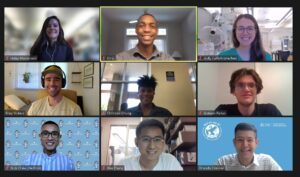
Our funding sources
Our work would not be possible without the support of our present and past funding sources • National Institute of Environmental Health Sciences (NIEHS) • National Science Foundation (NSF)-Chemical and Biological Separations Program • NSF-Grant Opportunities for Academic Liason with Industry (GOALI) Program • NSF-Environmental Engineering Program • North Carolina Collaboratory • Water Resources Research Institute (WRRI) • Environmental Research and Education Foundation (EREF) • Energy Power Research Institute (EPRI) • Ixom Watercare (formerly Orica Watercare) • Duke Energy Foundation • UNC System Research Opportunities Initiative (ROI) Program • UNC Creativity Hubs Program • Gillings Innovations Labs Program • UNC Institute for Convergent Science (ICS) • UNC-IBM Junior Faculty Development Award • Sigma Xi Grants-in-Aid of Research Program • University of North Carolina Research Council (URC) Small Grants Program • Department of Environmental Sciences and Engineering at UNC

University Operator: (919) 962-2211 | © 2024 The University of North Carolina at Chapel Hill |